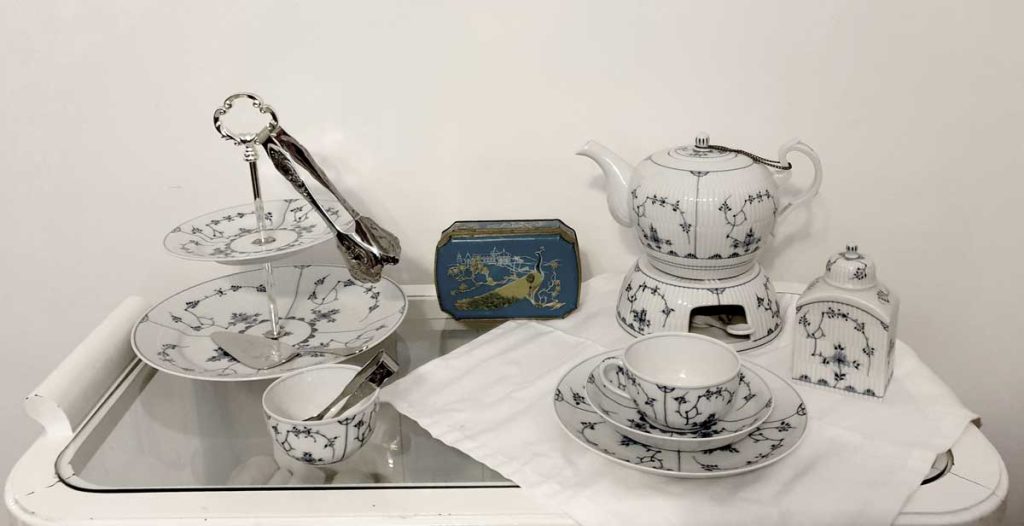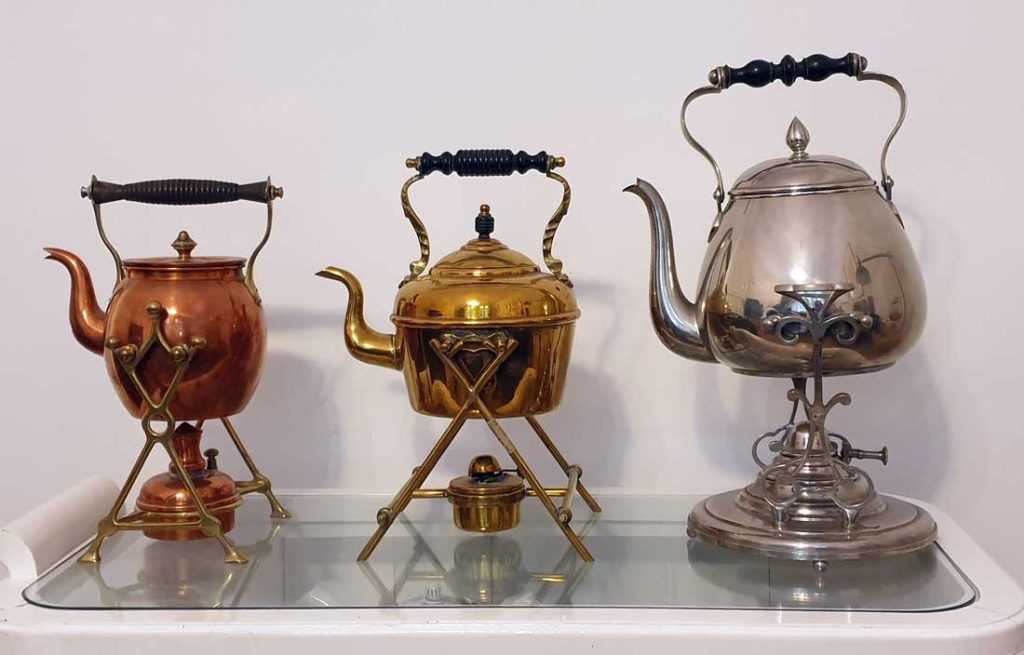The tea culture in Europea is based on many unknown and hidden expertise about tea consumption and tea pruduction. It is obvious, that in Britain and East Frisia tea is playing a significant social and economic role, But, also in Georgia or on the Azores Islands, tea has been influencing the regional development for hundreds of years. Therefore, it is worth it to analyse, compare and share the knowledge about tea habits and cultural diversity, tea traditions and heritage as well as tea tourism and tea routes or tea related architecture and design. Also, the entrepreneurial spirit of tea trade is magnificant and e.g., many French, British and German tea companies are well known for their brands in the international food and beverage context.
This varity of topics shows clearly that tea is much more than only a cup of hot water coloured by tea plants. It is a passionate symbol for celebrating the plant originally coming from Asia, transferred to Africa, ennobled in Europe, making tea ceremonies also in Europe a identity developing instrument of social gathering and national pride.

Die Teekultur in Europa basiert auf vielen unbekannten und verborgenen Kenntnissen über Teekonsum und Teeproduktion. Es ist offensichtlich, dass Tee in Großbritannien und Ostfriesland eine bedeutende soziale und wirtschaftliche Rolle spielt, aber auch in Georgien oder auf den Azoren hat Tee die regionale Entwicklung über Jahrhunderte hinweg beeinflusst. Daher lohnt es sich, das Wissen über Teegewohnheiten und kulturelle Vielfalt, Teetraditionen und ‑erbe sowie Teetourismus und Teerouten oder teebezogene Architektur und Design zu analysieren, zu vergleichen und zu teilen. Auch der Unternehmergeist im Teehandel ist großartig, und so sind z. B. viele französische, britische und deutsche Teefirmen für ihre Marken in der internationalen Lebensmittel- und Getränkeindustrie sehr bekannt.
Diese Vielfalt an Themen macht deutlich, dass Tee viel mehr ist als nur eine Tasse mit heißem Wasser, das von Teepflanzen gefärbt wird. Er ist ein leidenschaftliches Symbol für die Feier der ursprünglich aus Asien stammenden Pflanze, die nach Afrika gebracht und in Europa veredelt wurde, so dass Teezeremonien auch in Europa zu einem identitätsstiftenden Instrument der sozialen Zusammenkunft und des Nationalstolzes wurden.

Feb 4th, 2021
Lead by Prof. Dr. Hartwig Bohne, the foundation of a new research project was operated on February 04th, 2021. The »European Tea Culture Research Circle« was launched with Dr. Annette Kapert-White from BREDA University of Applied Sciences, Lysbeth Vink from Hotelschool The Hague and Irena Weber from the University of Primorska in Slovenia.
»Our aim is to research and compare the European roots and traditions of tea consumption and production, as well as their impact on tourism and the hotel industry, and to develop recommendations for destination marketing and gastronomic expertise,« states Prof. Dr. Hartwig Bohne, who is pleased about the broad commitment, »we are relying on European colleagues and already have expressions of interest from Portugal, Ireland, the Czech Republic and France, so I expect that we will soon have put together a representative group of European tea researchers.«
The goals of the first three years are an intensive exchange of teachers, a reference book on European tea culture and the development of a course on European tea culture to be introduced at the participating universities.
If you like to know more about the European Tea Culture Research Circle, you can find our current flyer here. Das »here« bitte mit der angehängten PDF Datei Flyer 2022 hinterlegen.
In addition, please feel invited as a researcher, lecturer or practioner to contact us: interest@teaculture-europe.org.
We appreciate additional knowledge, research projects and thesis about Europe’s teaculture.
European Tea Culture Research Circle.
Chair: Prof. Dr. Hartwig Bohne, SRH Berlin University of Applied Sciences.
Direct access via assam@teaculture-europe.org